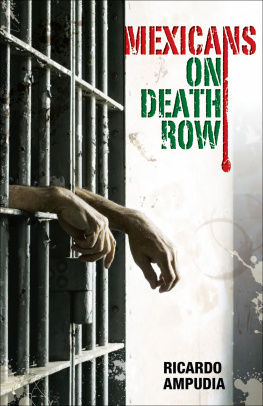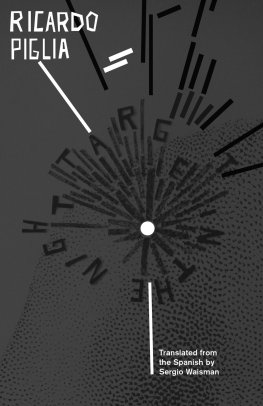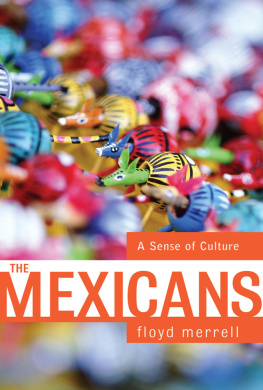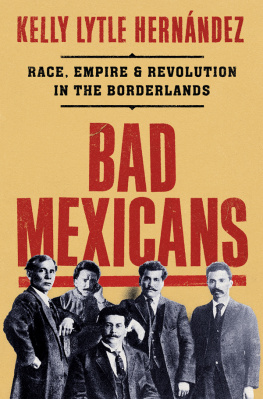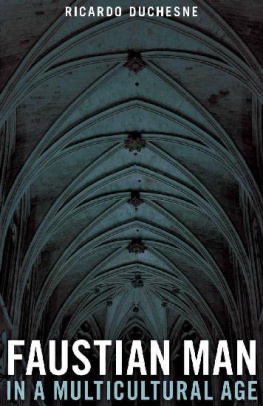Mexicans on Death Row is made possible through grants from the City of Houston through the Houston Arts Alliance.
Recovering the past, creating the future
Arte Pblico Press
University of Houston
452 Cullen Performance Hall
Houston, Texas 77204-2004
Cover design by Mora Des!gn
Ampudia, Ricardo, 1949-
[Mexicanos al grito de muerte. English]
Mexicans on Death Row / by Ricardo Ampudia; English translation by Susan Rascn.
p. cm.
Includes bibliographical references.
ISBN 978-1-55885-548-9 (alk. paper)
1. Capital punishmentUnited StatesCases. 2. Mexicans Legal status, laws, etc.United States. I. Rascn, Susan Giersbach. II. Title.
HV8699.U5A7713 2010
364.66092'36872073dc22
2010033484
CIP
The paper used in this publication meets the requirements of the American National Standard for Information SciencesPermanence of Paper for Printed Library Materials, ANSI Z39.48-1984.
2010 by Ricardo Ampudia
Printed in the United States of America
10 11 12 13 14 15 16 10 9 8 7 6 5 4 3 2 1
Acknowledgments
T O JORGE ACERO, LEGAL DIRECTOR OF THE MEXICAN Consulate General in Houston from 1990 to 1992, and to the legal directors of the Mexican Consulates abroad, excellent attorneys who practice their profession in another country, under different legal codes.
To public defenders and private law firms in the United States that defend Mexicans sentenced to death.
To the non-governmental organizations that support the causes of the defense of Mexicans in the United States.
To Dr. Hermilo Lpez Bassols and Quetzalli Padilla, for their unwavering support in the work on the subject matter of this book. To Jos Paoli Medelln, for the documentary research he helped me conduct, and to Adriana Bosada Ramrez de Arellano for the Spanish translation of various texts that are part of this document.
To Fernando Solana, Andrs Rozental and Aurora Adame of the Mexican Council on International Affairs for their support in the publication of this book.
To Emma, Roberta, Leandro and Ricardo, who with their customary enthusiasm supported me throughout the writing of this book.
Prologue
R ICARDO AMPUDIA, WHO COMES FROM A WELL-KNOWN journalistic family, has extensive experience in business, communications and public relations. I have personally witnessed his work on behalf of better relations between Mexico and other countries.
Ricardo did outstanding work as Mexican Consul in Houston. Not only was he a great promoter of business and our national image, but he also actively participated in the tasks of persuasion and information on behalf of the North American Free Trade Agreement (NAFTA). This responsibility was extremely complex, but he managed to convince those whom he needed to convince in Texas, and particularly in Houston, of the benefits of the treaty for both countries.
Another project in which he participated actively was the communications system of the Secretariat of Foreign Relations, which provided information so that all representatives of Mexico abroad would be fully apprised of the Secretariats positions. As a result of this joint effort, diplomats and consuls played an active role in promoting Mexican opinion across very diverse areas. He also participated in organizing the first Bush-Salinas interview, whose relevance goes without saying. In short, he was a witness and a leader in some key moments in our relationship with the United States.
Among the problems that Ricardo experienced firsthand as a consular official, the death penalty is one of the most complex. This extreme punishment that has caused so much international controversy allows him to delve into a wide range of subjects, including civil and criminal rights, limits on government power and the daily functioning of the justice system.
With his personal and professional experience as a point of departure, Ricardo undertakes a profound, well-researched reflection on the topic. He is particularly concerned with reporting the practical and financial implications of this form of punishment, and demonstrating that executions are at times due more to causes such as racism and xenophobia than to solid evidence of the defendants guilt.
Thus the overview begins with death as a historical human penalty, later it is taken up again in criminal procedure in the United States and finally it becomes an opportunity for a detailed analysis of that countrys judicial system. Consular protection of Mexicans sentenced to death has not been, nor will it ever be, a trivial matter. The number of people, and the amount of material and political resources required to defend all those sentenced to death can be overwhelming, but so is the evidence that judicial systems are adapted and constructed upon interests and identities that are far from impartial.
Article 36 of the Vienna Convention, the Aldape case, and the Avena case are always useful references for close observation of the functioning and the difficulties of justice. It is essential to distinguish the death penalty as a government policy from that extreme punishment when the motive is personal. If we think of our loved ones being harmed by a criminal act, it is logical and could even be reasonable to wish that the guilty party pay with his life. However, the distance between that just (perhaps vengeful) impulse and a government position should, as a matter of principle, be very great.
In order to fully understand the other side of the story, it is worthwhile to consider the bias in the dispensing of justice. The influence of public opinion and the media over judges can be one valid source of concern. If one intends to examine the subject seriously, in addition to questions on the effectiveness of this measure, the relevant contexts must also be set forth. Judges and courts, in addition to possessing their own set of values, empathies and stereotypes, are systematically permeated by public opinion. Therefore let us recall the economic necessity that at times moves our fellow citizens to emigrate, the difficulties of the U.S. environment for Mexicans and discrimination, present in an increasing number of academic, legislative and civil voices. If in the United States the citizens charged with dispensing justice feel closer to the threat perceived by Huntington and the Minute Man Project than to the dream of the inclusive melting pot, it is possible that their decisions may be less impartial than they should be.
The execution of Mexicans has not come out of the binational agenda. The situations of Jaime Elizalde and Angel Maturino demonstrate that, although the death penalty is on the decline worldwide, the United States is the exception.
The risks of a national discourse that is weak on this subject, as on many others (let us think, for example of the International Criminal Court), may determine the future of relations. Mexicos Supreme Court of Justice determined that when there is an extradition treaty with another country, the International Extradition Law is not applicable. Let us not forget, then, that on a more general level, the debate may be that of multilateral institutions and international law versus national sovereignty.


